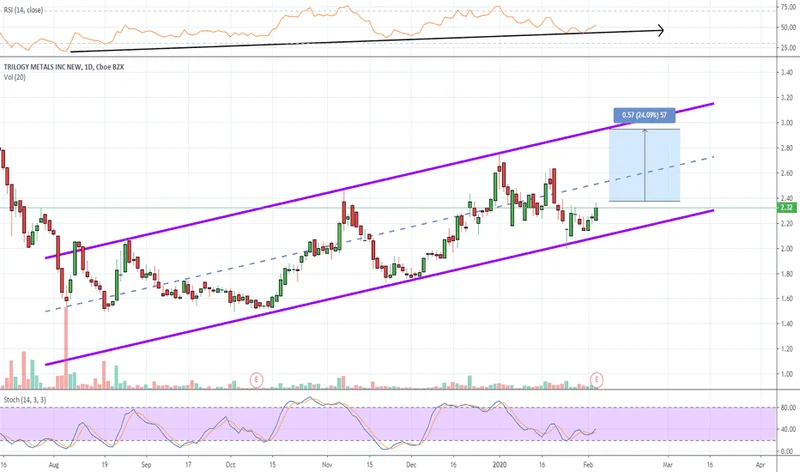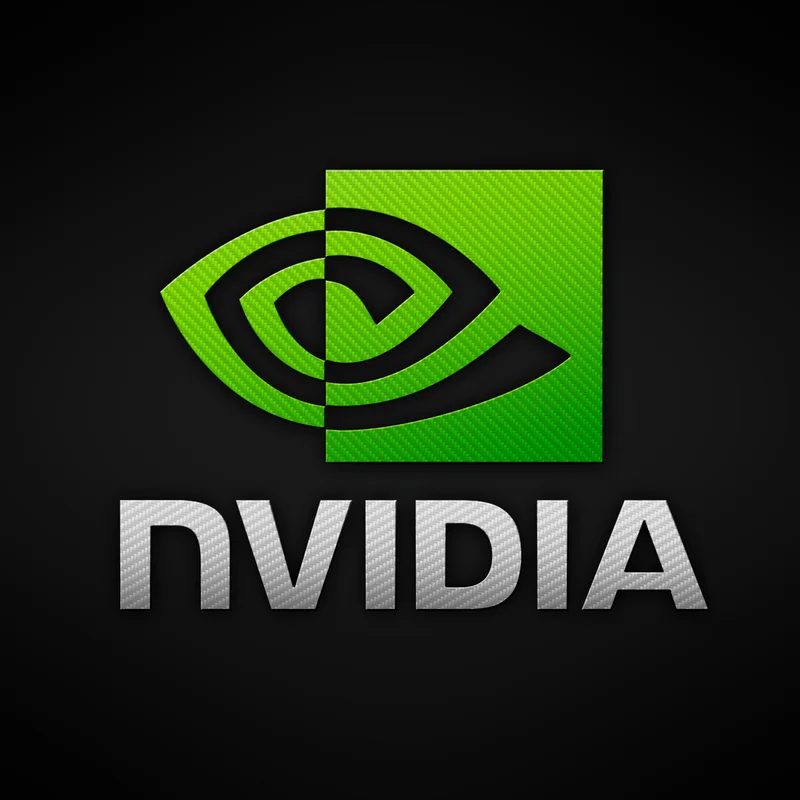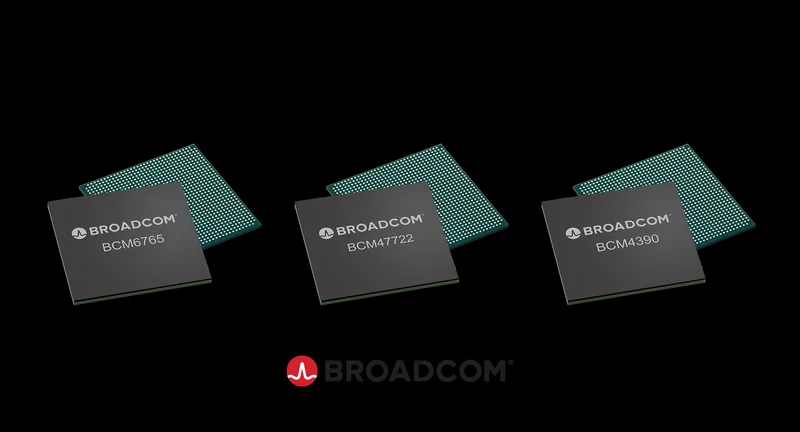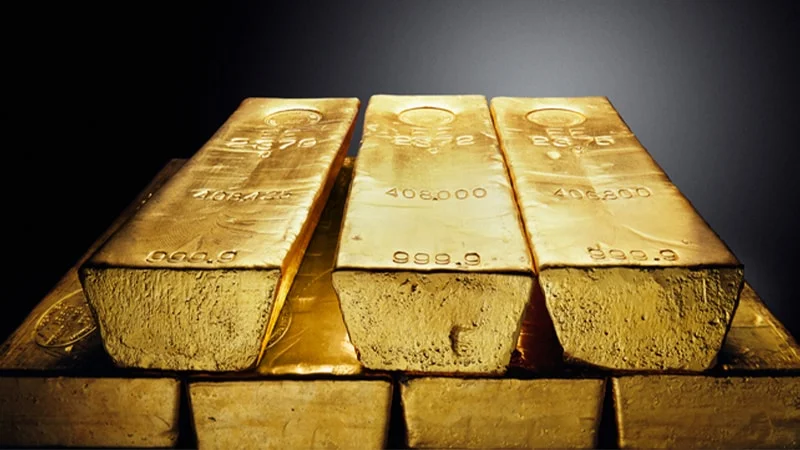$2000 IRS Direct Deposit: What's Happening and What We Know
Title: $2,000 Stimulus Checks in November 2025? Don't Fall For the Phishing Scams!
Okay, folks, let's cut through the noise. I know, I know—the promise of a surprise $2,000 landing in your bank account is always tempting. The internet's been buzzing about new stimulus checks supposedly hitting in November 2025, and honestly, who wouldn't want that little boost, right? But before you start planning that dream vacation, let's inject a healthy dose of reality, because this is where things get a little… tricky.
The truth is, despite the rumors swirling faster than a caffeinated hummingbird, there are no new federal stimulus checks authorized for November 2025. Congress hasn't passed anything, and the IRS definitely hasn't confirmed anything. Zero. Zilch. Nada.
The Siren Song of a Tariff Dividend
So, where's all this buzz coming from? Well, it seems like the main culprit is a proposal from President Trump to use tariff revenue to pay out a "tariff dividend" – maybe around $2,000 a pop, excluding the high-income crowd. He even took to Truth Social to proclaim it! Now, I'm all for innovative economic ideas, but let's be clear: this is currently just a proposal. A concept. A "what if" scenario floating in the ether. It's not law, it's not policy, and it's certainly not money in your pocket yet. $2,000 tariff rebate checks: What you need to know about Trump’s proposal.
Think of it like this: it's like seeing a blueprint for a flying car. Exciting? Absolutely! Does it mean you'll be soaring through the skies tomorrow? Probably not. There are a lot of steps between the blueprint and the actual, functional flying car.
And honestly, the logistics of this tariff dividend are mind-boggling. The Trump administration has collected a significant chunk of change in tariff revenue – over $220 billion, according to the US Treasury. But even a rough calculation shows that $2,000 checks for everyone would cost far more than that. Some experts are estimating around $300 billion, even with income restrictions. So, where would the extra money come from? Would it really make a dent in our national debt, as Trump suggests? It’s a puzzle wrapped in an enigma, sprinkled with a dash of… well, let’s just say skepticism.
Now, here's where I get a little fired up, because this isn't just about economic policy. This is about you and your hard-earned money. The IRS is issuing warnings about scams using fake stimulus alerts. Scammers are preying on people's hopes, sending out phishing emails, texts, and social media posts designed to trick you into handing over your personal information. It’s despicable, and it’s something we need to be vigilant about.
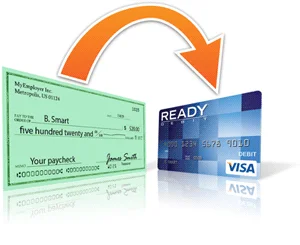
The IRS never initiates contact through email, texts, or social media. Their first move is always an official letter or notice. If you get a message demanding immediate action to "claim" a payment, ignore it. It's almost certainly a scam. Protect yourself. Protect your data. Protect your peace of mind.
What should you do? Always verify any communication regarding the IRS with official sources (IRS.gov or the Treasury Department). File your tax returns and keep your information up to date. And most importantly, remember this simple rule: if it sounds too good to be true, it probably is.
What I find truly disheartening is how these scams exploit a very real need. People are struggling. Affordability is a massive issue. The desire for a little financial breathing room is completely understandable. But preying on that vulnerability? That's just… wrong.
The Future of Financial Relief: A New Paradigm
Let's shift gears for a second. Instead of focusing on the negative, let's ask a bigger question: what could the future of financial relief look like? Could we design a system that's more efficient, more targeted, and less prone to fraud?
Imagine a world where financial assistance is delivered instantly, securely, and directly to those who need it most, using blockchain technology for transparency and AI-powered verification systems to eliminate fraud. It’s a bold vision, I know, but it's not as far-fetched as you might think. The technology exists. The challenge is to harness it responsibly and ethically.
And that, my friends, is the key. We need to be thinking about the ethical implications of these technologies every step of the way. How do we ensure fairness? How do we protect privacy? How do we prevent bias? These are not just technical questions; they are deeply human questions that demand our attention.
So, What's the Real Story?
Look, the promise of a $2,000 check is tantalizing, but the reality is far more complex. There are no new stimulus checks coming in November 2025, and the "tariff dividend" is still just a proposal. But that doesn't mean we should lose hope. It means we need to be smarter, more vigilant, and more proactive in shaping the future we want to see.
Previous Post:Ruja Ignatova's Cryptoqueen Reign: FBI Hunt, Daughter's Life, and Reddit's Theories
No newer articles...
Related Articles
US Government Backs Trilogy Metals (TMQ): Why It's Soaring and What It Signals for America's Future
I just read a press release that, on the surface, is about a mining company in Alaska. And I can’t s...
Ron Baron's Lifetime Bet: Tesla and SpaceX – What We Know
Okay, folks, buckle up. We're diving deep into something truly inspiring today: Ron Baron's unwaveri...
US Approves Nvidia Sales to UAE: An Analysis of the G42 Deal and Its Geopolitical Implications
It’s a familiar ritual for anyone in this business. The pre-market hum, the first cup of coffee, and...
Broadcom's OpenAI Sugar Rush: Why I'm Not Buying a Single Share
Another Monday, another multi-billion dollar AI deal that we're all supposed to applaud like trained...
kathy ireland: Encouraging Reading and What It Means For The Next Generation
Kathy Ireland's Unlikely Empire: From Supermodel to Tech Mogul? Alright folks, buckle up, because th...
Gold Price Analysis: Today's Price, Key Metrics, and the Silver Correlation
Gold's Dizzying Climb to $4,000: A Sober Look at the Numbers Behind the Hype The numbers flashing ac...
